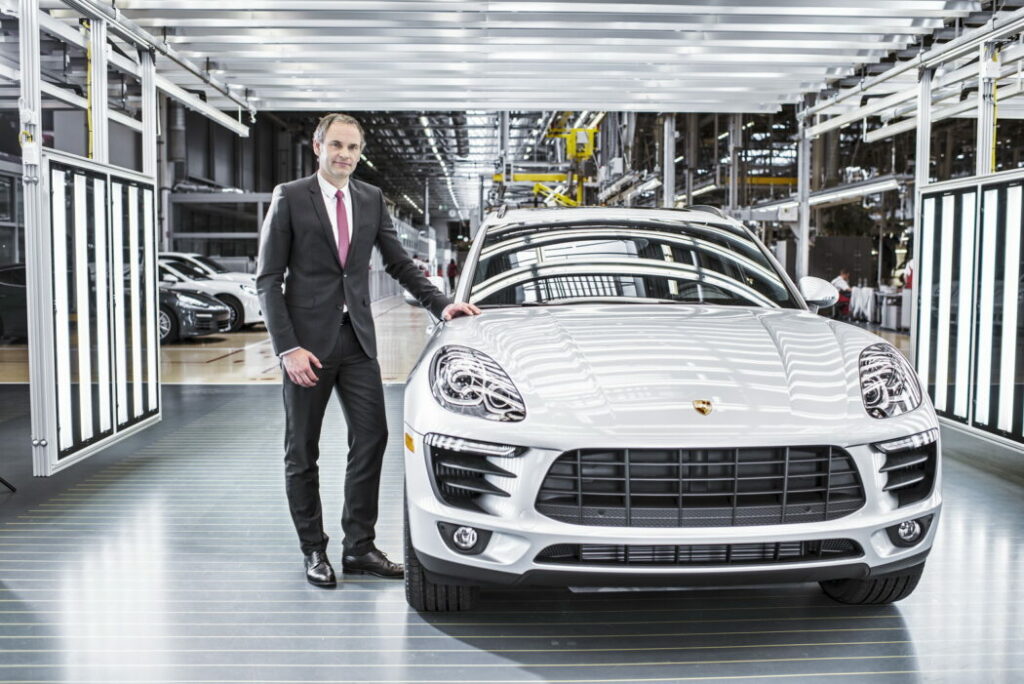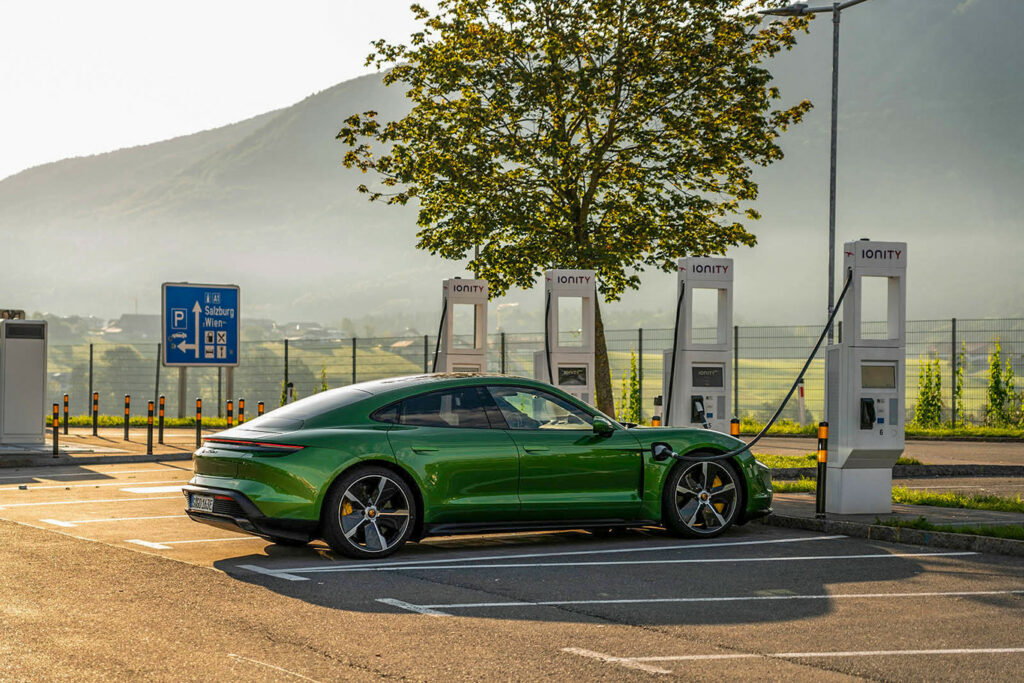With an investment of 7.5 billion dollars, Porsche is positioned as one of the leading manufacturers in electromobility with a comprehensive plan comprising the manufacture of hybrid and 100% electric vehicles and charging infrastructure.
The German brand set a goal for 2025 that half of sales will be electric and by 2030 80% of transactions will include both types of electric powertrains: fully electric or plug-in hybrids. Porsche’s sales strategy encompasses sourcing and manufacturing, consulting, sales and service, logistics and recycling.
In the midst of these significant steps, the Chairman of the Porsche Executive Board, Oliver Blume, discussed the current state of electric mobility and sustainable fuels.
In an interview for the Bild newspaper, Blume stated that although they continue to manufacture combustion engines, electromobility has top priority for Porsche.

“Among the traditional automakers, we have a very progressive implementation of an electric strategy. Our ambition is that more than 80 % of the vehicles delivered to customers by 2030 will be fully electric,” the CEO maintained.
He celebrated the success so far of the Taycan, the firm’s first 100 % electric sports model. “Last year we managed to double its sales compared to the previous year, which was already good, exceeding 41,000 units. That puts the Taycan on a par with the iconic 911. We see ourselves as pioneers in sustainable mobility,” he maintained.
Sustainable Fuels
In the midst of the race for electrification, Porsche is aware that the road is long and that immediate measures must be taken to contribute to environmental protection. In this regard, the Teutonic manufacturer broadly supports the use of so-called e-fuels.
“Environmental protection must be seen in a holistic manner. That’s why we have to be open-minded when it comes to technology. Electromobility is important, but there are more than a billion vehicles on the road in the world and they will be on the roads for decades to come,” Blume said.
He explained that synthetic fuels are an effective complementary solution, as they allow cars to play a role in CO₂ reduction.
“Combustion engines can run on e-fuels with virtually carbon-neutral emissions. And they do not require any adaptation to do so. Synthetic fuels can be used as a blend or on their own, and their supply can be carried out at existing filling stations. This is an option for owners of existing vehicles,” he added.




